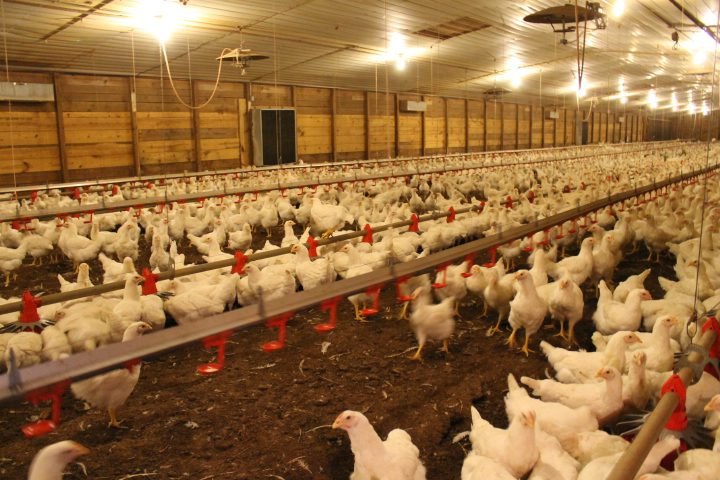The incubation of eggs refers to the process of providing the necessary conditions for eggs to develop and hatch into viable offspring. It is a crucial stage in the reproduction of various animal species, including birds, reptiles, and some insects.
During incubation, the eggs are typically kept in a controlled environment, maintaining specific temperature, humidity, and ventilation levels. These conditions mimic the natural environment required for successful embryo development. The specifics of incubation may vary depending on the species involved.

In birds, for example, the incubation process begins when the parent bird starts to consistently sit on the eggs to keep them warm. The heat generated by the parent's body helps maintain a stable temperature required for the embryos' growth. This process also protects the eggs from potential predators or environmental dangers.
Temperature is a critical factor during incubation, as it influences embryo development and determines the incubation period. Different species have different optimal temperatures for incubation. For instance, chicken eggs require temperatures around 99-100 degrees Fahrenheit (37-38 degrees Celsius), while reptile eggs may have different temperature requirements.
Incubation also plays a role in regulating humidity levels. Some species may require higher humidity to prevent the eggs from drying out, while others may need lower humidity to avoid excessive moisture accumulation.
Throughout the incubation period, the developing embryos undergo various stages of growth, ultimately leading to hatching. The duration of incubation varies significantly across species; it can last anywhere from a few days to several months.
In commercial settings or scientific research, artificial incubators are often used. These devices replicate the required conditions for successful egg incubation, allowing for better control and monitoring of temperature, humidity, and other factors. The artificial incubation has well developed modernized system of hatching large number of poultry birds.
In commercial egg production, natural brooding of birds arent required unless otherwise, the eggs are purposely meant for reproduction whereby it's required for broody hens to sit on the eggs for fertilization to take place.
In larger quantities of day old chicks, we need artificial incubation machine to hatch large number of eggs for sales.
Good maintenance practices is required for the incubation. If natural incubation or brooding should be successful, we need disinfect the hatchery unit to prevent the invasion of insect pests. The area for brooding should be cleaned and well tidy regularly to prevent fumes or any bad smell at the hatchery unit.
In the natural brooding, the required number of eggs are provided for the brooder hen to sit on the eggs. If the number of eggs are more than the number the hen requires to sit on, it would end up not covering all the eggs.
In the artificial incubation, the required temperature is provided for all the quantity of eggs to be hatched. The heat should neither be too hot nor cold.
Overall, the incubation of eggs plays a vital role in the reproductive success and survival of various animal species by providing an optimal environment for the development of viable offspring.
Congratulations @jude9! You have completed the following achievement on the Hive blockchain And have been rewarded with New badge(s)
Your next target is to reach 22000 upvotes.
You can view your badges on your board and compare yourself to others in the Ranking
If you no longer want to receive notifications, reply to this comment with the word
STOPTo support your work, I also upvoted your post!
Thanks for your contribution to the STEMsocial community. Feel free to join us on discord to get to know the rest of us!
Please consider delegating to the @stemsocial account (85% of the curation rewards are returned).
You may also include @stemsocial as a beneficiary of the rewards of this post to get a stronger support.